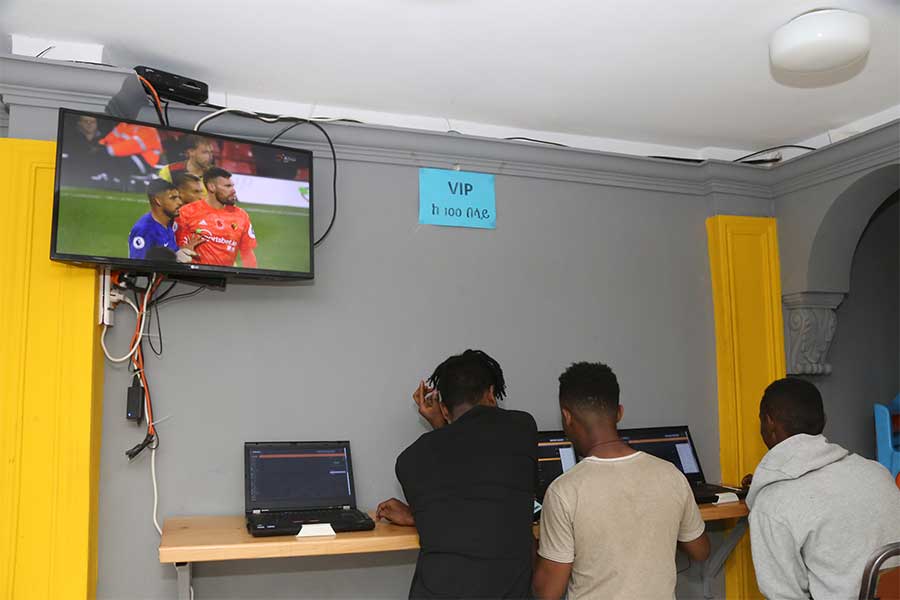
Online Sports betting from all key markets in Africa
Sports have always been a big thing in Africa. Our continent is consistently plagued with issues surrounding poverty, drought, famine, sickness, and criminal activity. One can argue that living in Africa can be quite difficult. That’s why locals are constantly looking for ways to enrich lives and make them happier. Sports are a perfect example of an escape for people of our continent. Not only does it provide an avenue for people to be distracted from their problems, but it’s also an opportunity to pursue personal growth, fulfillment, and enjoyment which in turn has facilitated the huge growth of sports betting.
This article is fully sourced from GEOPOLL with key highlights that we believe will further broaden your perspective as far as online sports betting in Africa is concerned.
Betting, especially on mobile is a widespread pastime (and sometimes a highly perceived income generator) among the youth in Africa. Over the years, GeoPoll has conducted surveys, both in-house and on behalf of clients, that point to the importance of the gambling topic across the continent. The first of such surveys was a rapid survey they conducted in May 2017 to assess gambling among the youth in Ghana, Kenya, Nigeria, South Africa, Tanzania, and Uganda.
In December 2021, they ran the same survey in the same countries, and below were the results;
Most Africans have placed bets, but Kenya still leads in betting
Overall, 72% of the respondents answered in the affirmative when we asked if they have participated in betting or gambling. As with the GeoPoll 2019 study, Kenya led with 83.90% of Kenyans saying they have ever tried their hand at gambling or betting, followed by Nigeria (78%) and South Africa (74%). This percentage grew despite the Kenyan government taking far-reaching measures to curb betting in the country.
Gambling frequency
For the respondents who affirmed that they had ever placed bets, we followed up with a question on how often they were gambling. While on average 44.4% in the other countries said they bet only about once a month, the largest portion of Kenyan respondents said they bet at least once a week. Consequently, Kenya had the highest percentage of people betting once to several times a day (34%), followed by their East Africa neighbors, Tanzania (31%) and Nigeria (30%).
88% of those who bet do so on mobile phones
Football betting is the most popular
We also sought to know what people bet on most. Across all countries except South Africa, football (soccer) stood out, with 53% saying they mostly bet on football. In South Africa, lotteries (lotto) slightly edged football (29.3%).
While the majority of bettors across all age groups preferred football overall, lotteries gain more popularity with increasing age.
Average monthly spend
When we asked about average monthly spending on placing bets, a big majority (80%) said they spend below $5 USD. On average, Nigerians had the highest average spend, followed by Kenya and South Africa. Please note that we used rounded local currency amounts in the survey and used approximate USD bands only for context.
About this survey
This GeoPoll rapid survey was conducted in December 2021 among 3,463 youth in Kenya, Uganda, South Africa, Ghana, Nigeria, and Tanzania using the GeoPoll mobile app. The sample was not demographically representative and naturally leaned towards younger people in urban areas. The sample consisted of 70% males. Age groups were distributed as follows: 16-24 (35%), 25-34 (52%), 24-44 (11%), and Over 44 (2%).
Source: GeoPoll – https://www.geopoll.com/blog/betting-report-africa/






